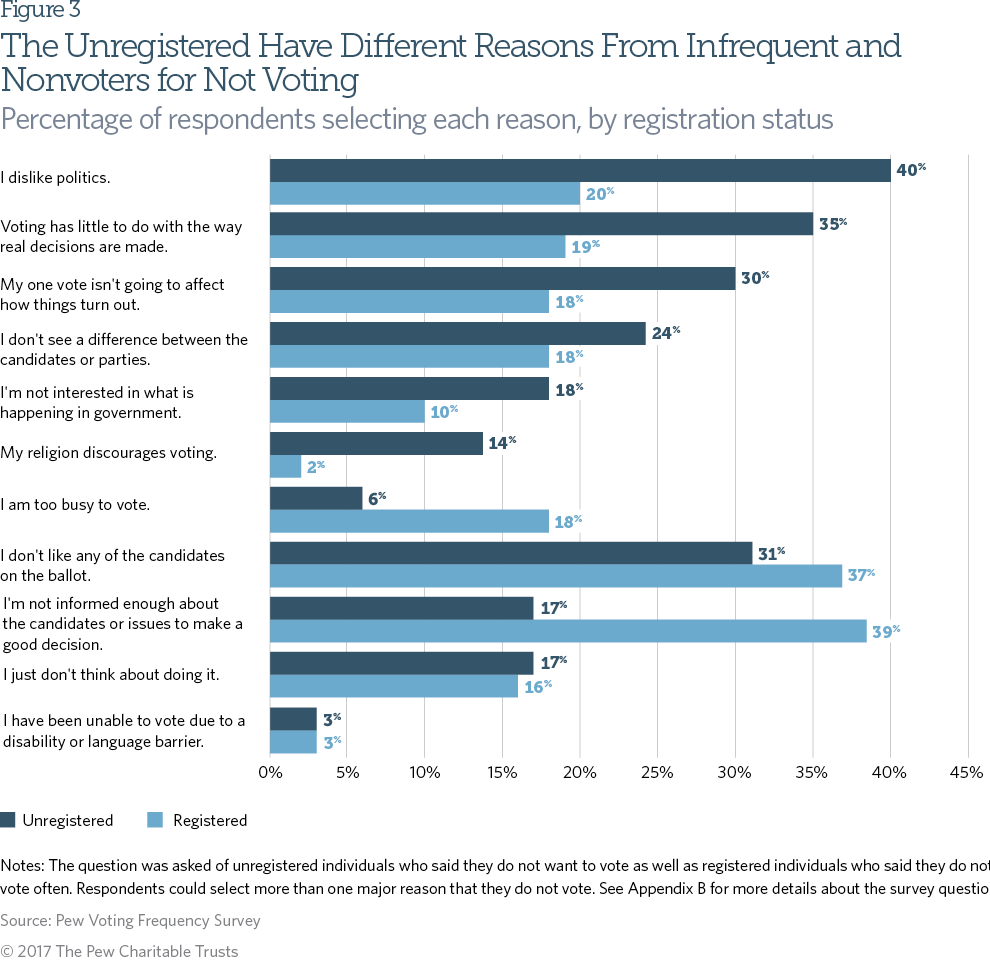Everywhere you turn, the headlines are waiting.
Politicians are turning to social media to appeal to voters at an accelerating rate. While this allows voters to connect and engage with their candidates directly, it also provides a means for the rapid spread of misinformation that has the potential to inflict substantial amounts of unwarranted damage.
A prime example involves the election of far-right Congressman Jair Bolsonaro to the Brazilian presidency. Utilizing the social media platform WhatsApp, interest groups circulated manipulated images and audio files via illegally obtained phone lists to resemble neutral fact-checks and discredit his opponent’s policies.
Another example involves Venezuela and Nicolas Maduro’s government, which relies heavily on media censorship to silence opposition and maintain absolute control under the guise of “preventing a conspiracy.” Maduro is known to control newspaper funding, ban television stations that portray him poorly, and use primary internet provider CANTV to block access to social media and controversial political content.
The Brexit campaign that resulted in the UK’s withdrawal from the EU is also worth mentioning. Similar to Bolsanaro, political parties utilized social media to spread doctored videos, falsified non-partisan fact-checks Twitter accounts, and spread false rumors. Additionally, campaign advocates on both sides were also identified as making false claims.
How is this affecting voter turnout?
A whopping 39% of registered voters that failed to vote chose to do so because they felt they aren’t informed enough about the candidates to make an educated decision, according to a 2017 study conducted by Pew Charitable Trusts. It stands to reason that the lack of easily accessible credible information is likely a contributing factor, as sifting through the immense amount of material available and gauging each piece’s reliability takes both time and resources. Furthermore, a common trend is apparent when examining the figure below – that 55% of the reasons provided for not voting originate from a politically apathetic mindset.

What does this mean for democracy?
The lack of easily accessible credible information is disheartening for many, leading to extensive distrust in the government and disdain for partisan-based democratic institutions. These conditions can enable the rise of populist leaders, the election of which has to potential to place democracy at risk. Social media, in particular, has shown to be of use to extremist politicians. Research has shown that out-of-state campaign contributions are increasingly more likely for these candidates, as they’re able to appeal to a larger demographic on an ideological basis. Furthermore, their election could lead to an increase in political polarization and the rise of authoritarianism. Indications of this include:
‣ Manipulation of voter registration and elections
‣ Diminishing checks and balances
‣ Consolidation of power
‣ Silencing opposition
‣ Controlling the media
Freedom of expression is a vital component of democracy and is necessary to facilitate healthy political competition and hold governments accountable. According to Kendall-Taylor and Frantz, vigilance, coordination, and tactic recognition are all necessary for a society to combat the democratic erosion described above as well as the rise of populism.
What can we do about it?
- Educate yourself.
Don’t take things at face value. Ask questions and dig deeper. - Think before you share.
Share responsibly. - Check your sources.
Some things to keep in mind: are they biased? Are they using extreme language to appeal to emotion rather than reason? Do they have party allegiances? Where do they get their funding? - Minimize bias.
Try to picture what’s best for society as a whole, not just on an individual basis. - Read between the lines.
The truth is often found somewhere in the middle, between the two sides. - Consider the opposition.
It’s easy to believe the opposition is always to blame. Keep an open mind, consider different perspectives, and acknowledge that one party rarely has all the answers. - Go to the primary source.
Don’t trust that someone else’s account is accurate. Watch the video, read the article, or interpret the figure yourself and form your own unbiased opinion. - Make yourself heard.
Form an educated opinion, share it with the world, and be prepared to defend it.
Strengthening democracy starts with you.

This blog post was very informative on the consequences of misinformation spreading through the media. The exchange of information is quite significant in democracies, particularly in elections. In addition, political parties rely on social media to promote their campaigns, which can lead to the spread of information that lacks credibility. In essence, this blog post emphasizes that recognizing disinformation is a significant aspect in elections and the legitimacy of democratic systems.